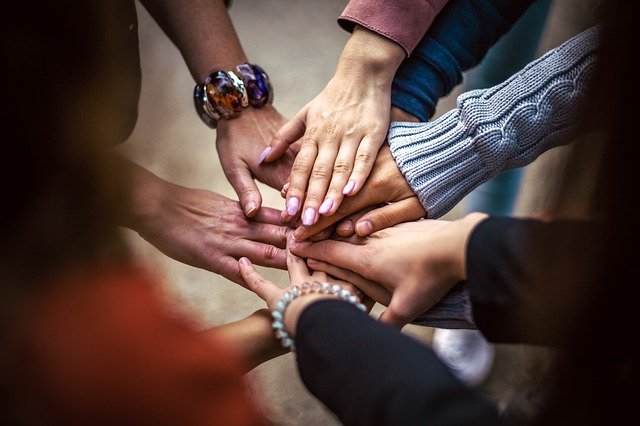
When we’re stressed or swamped with work and on deadline, it’s natural to hole ourselves up in our house or office to try and make a dent in the pile of papers, or to meet all of the deadlines on time. For some people, during times of stress, they tend to isolate themselves – which isn’t abnormal, but it’s not always the healthiest thing to do. While too much socializing can interfere with work, complete isolation and social deprivation isn’t good, either. Humans are social creatures, and we need a social and emotional network to lean on during hard times.
We can help with things like editing, formatting, and statistics, which can help to reduce your stress level – at least about your dissertation! Managing stress, however, is multi-pronged, and it’s important to try and address all areas of your life.
Loneliness has been associated with various health issues, and can even decrease your immune response. Knowing that you have people who support you can be a protective factor for dealing with stress, both emotionally and physically. Taking the time to build up a social network that can provide support in a variety of ways can have a positive effect on your life, with stress reduction, logistics (ie, if you’re not able to pick your kids up one day, a friend can do it), and overall health.
We know that it can be really hard to fit everything in a 24-hour day: your dissertation, other graduate school work, family obligations, work – who has time for socializing? If you think of it as part of maintaining your overall health and wellness, it simply becomes part of your routine.
Here are some ways to help build your support network:
Get online! We hear so much these days about the perils or drawbacks of social media, and while these are very real, there are also a lot of benefits to the technology. It’s easier than ever to FaceTime with someone, or Skype with a friend across the world – or even send a quick message via Facebook or text. Don’t let distance drive a wedge into friendships with those who live far away.
But remember to sign off! On the other hand, don’t spend TOO much time online. Social networks are especially beneficial when you have face-to-face interaction.
Volunteer or join a group. If you feel strongly about certain causes, find a local chapter and become involved with local activities. This is a great way to meet people with similar interests. Look on sites like Meetup, which has hundreds of groups of varying interests in each city – you’ll be able to sign up for notifications about get-togethers and events.
Get sweaty. Join a gym, go to your school’s fitness centre, or your community centre, and sign up for a fitness class or join an intramural team. Not only will the physical activity be a great stress reliever, but you’ll meet people and have some fun. If that’s not your speed, try organizing a walking group at work, or call a friend to do some laps at the local park.
Find peer support. Sometimes, friends and family can’t provide specific support we need. For instance, if you’re having anxiety specific to your dissertation, trouble with study habits, health issues, or caregiver-related stress, a peer support group or support group led by a professional can be immensely helpful. The school counselling centre often runs groups in this vein, as do community centres or healthcare organizations.
Seek professional help. If there’s no one you can turn to or your support network is lacking, don’t be afraid to seek out a professional. A counsellor can help you bolster your stress management skills and help you figure out a plan that works for you to help develop supports. There’s nothing to be embarrassed about; we all need extra help sometimes!
By building up your support networks, not only will you be taking steps to reduce your stress and improve your mental health, but you'll also be boosting your immune system and improving your physical health!
